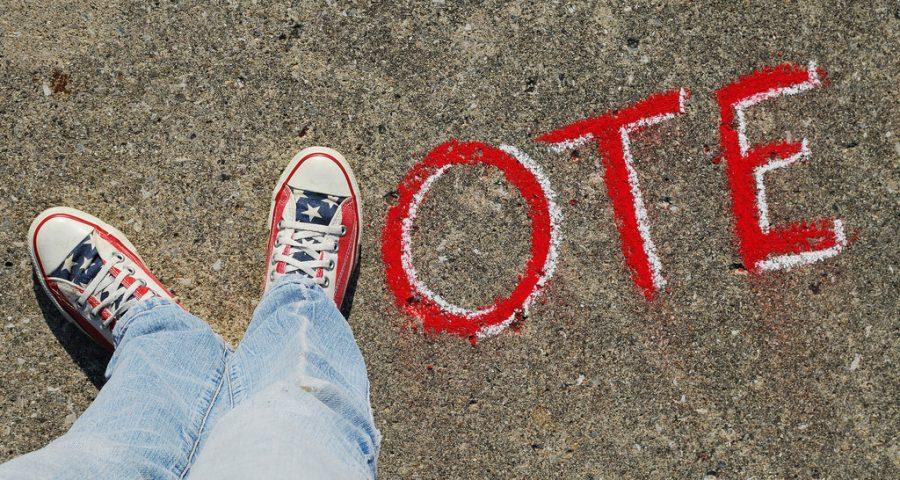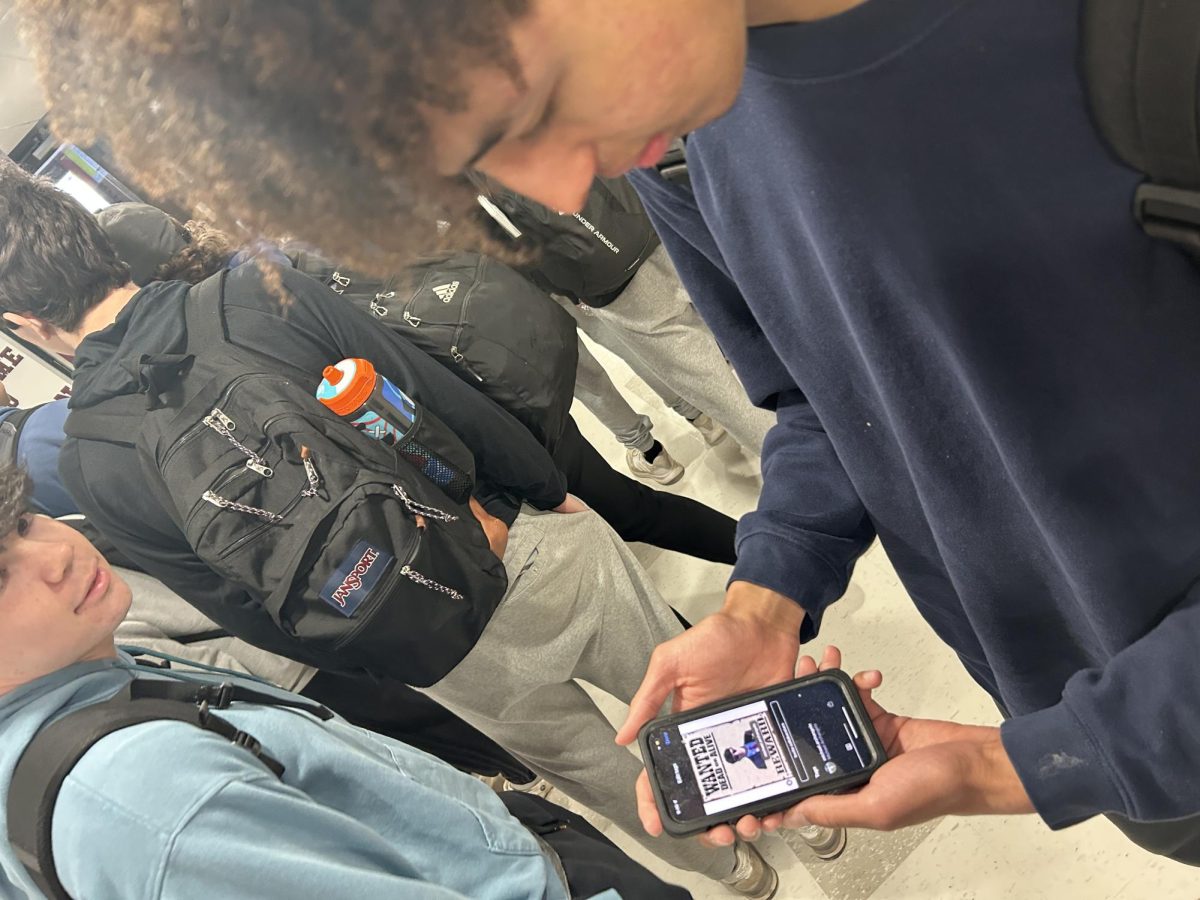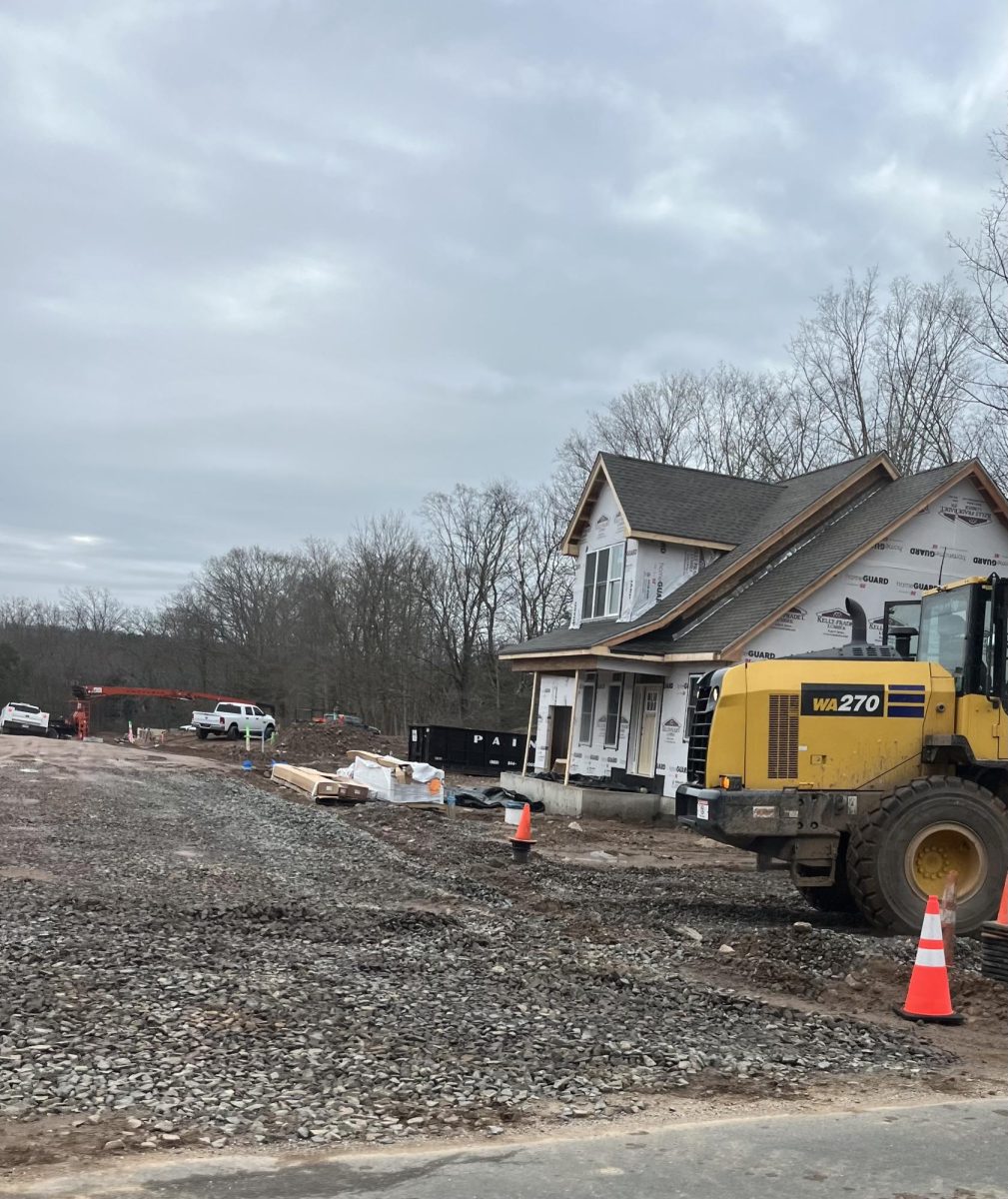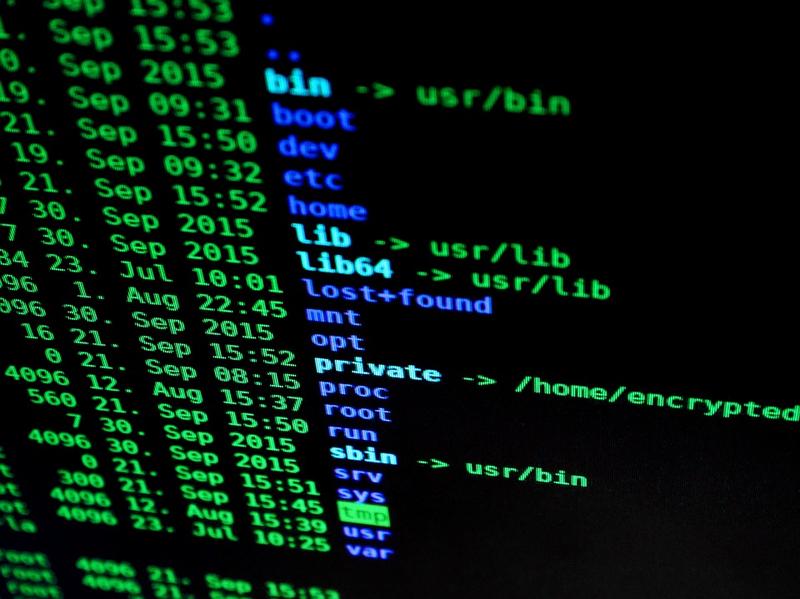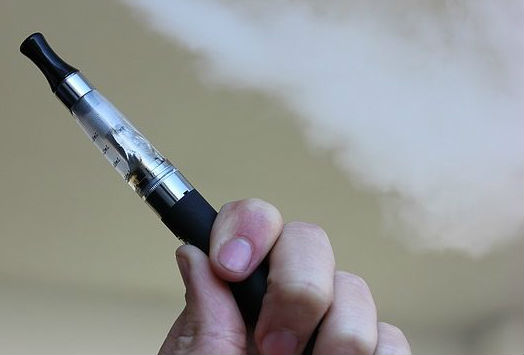VOTE by Theresa Thompson, (2008) – Creative Commons attribution
BY LAURAINE NICHOLLS
On March 23, 1971, Congress passed the 26th amendment giving United States citizens 18 years of age or older the right to vote. The 26th amendment was a portion change of the 14th amendment which defined the rights of a citizen and forbade states to restrict the rights of a person living in the United States. Recently, there have been discussions about whether the voting age should be lowered to 16 or if it should remain at 18.
The voting age debate started during the time of World War II. At that time, the voting age was 21. Because of the scope of the war and the need for a larger miltary, President Franklin D. Roosevelt lowered the drafting age for the military to 18. This policy sparked the youth voting movement, whose common slogan was “Old enough to fight, old enough to vote.”
Starting in 1942, Jennings Randolph, a Democratic Congressman repeatedly brought up the idea of lowering the voting age to the federal legislation. During that time, the states could have lowered the voting age to 18 like Georgia did in 1943.
There are compelling arguments in favor of lowering the voting age. In the United States of America, teens as young 17 are eligible to enlist into the U.S. Air Force if they meet the criteria held for being able to serve. Similarly, at the ages of 15 and a half to 16 years old, teens are old enough to earn a driver’s permit to get their driver’s license when they turn 18. Some argue that if teens are given the opportunity to make important decisions that can put their life in danger by serving their country and are given a responsibility as risky as driving, they should also be able to make the important decisions involved in the voting process.
Voting gives the government an opportunity to see what’s important to American citizens. People that are for the lowering of the voting age say that it will give the government an opportunity to view issues and ideas that the younger adults may have. They claim that 16 year olds who have already been given certain adult responsibilities and understand how government works should also be empowered to have a say in their government.
Those opposed to lowering the voting age assert that voting age is dependent on the matter of maturity. People mature differently at different paces, which makes it more difficult to pinpoint when is the right age for one to vote. Research conducted concerning the brain development of young adults shows that although young Americans are considered adults when they reach 18, their brain is still not as mature as someone in their mid-twenties. This research would support the idea of maintaining the voting age at 18, or even raising it once again.
There are also conflicting arguments about the voting age and election turnout . Some say that younger voters might second guess and end up not voting because it will not mean anything to them. Other people argue that lowering the voting age will give more people the opportunity to vote, especially if a younger voter is exposed to politics earlier in their life and takes an interest in contributing their voice through their vote.
The vote gives citizens a voice in their government and an opportunity to express the ideas they feel are important. How do you feel? At what age should a young person who has been given enough responsibilities similar to those of an adult also be able to vote? Post your thoughts in the comments below.
Categories:
Old Enough to Vote?
March 14, 2017
0
Tags:
More to Discover
